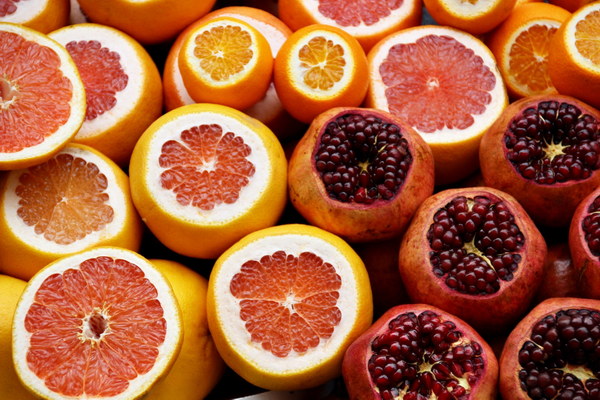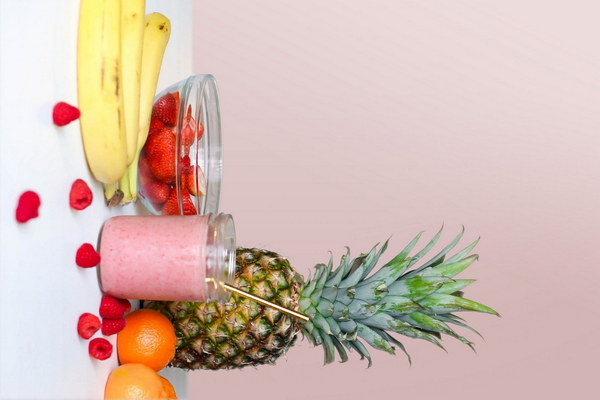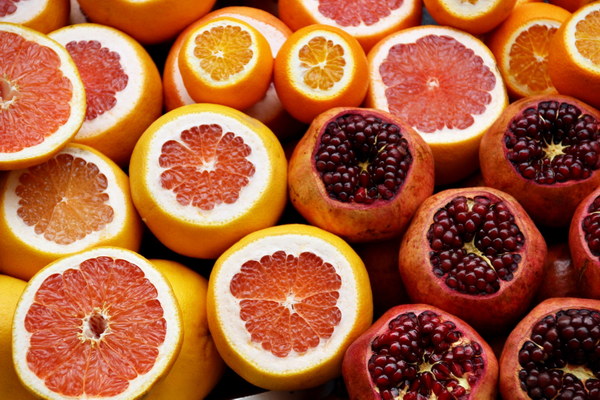Nourishing the Womb A Guide to Traditional Chinese Herbs for Pregnancy Heat Management
In the realm of traditional Chinese medicine, managing pregnancy heat is of paramount importance. Pregnancy heat, also known as hot fetus, refers to a condition where the body's internal heat becomes excessive during pregnancy. This excess heat can lead to discomfort for both the mother and the developing fetus. This article explores the use of traditional Chinese herbs in the management of pregnancy heat, offering a holistic approach to ensuring a healthy and comfortable pregnancy.
Understanding Pregnancy Heat
Pregnancy heat can manifest in various ways, including high body temperature, irritability, palpitations, and restlessness. It is believed that this condition can affect the fetus's development, potentially leading to complications. To counteract this, Chinese medicine suggests using natural remedies to balance the body's internal heat.
Herbal Remedies for Pregnancy Heat
1. Peony Root (Paeonia lactiflora)
Peony root is a well-known herb in Chinese medicine, known for its cooling properties. It is often used to alleviate symptoms of pregnancy heat, such as irritability and restlessness. The herb helps to nourish the liver and blood, ensuring a harmonious pregnancy.
2. Chrysanthemum Flower (Dendranthema morifolium)
Chrysanthemum flower is another cooling herb that is beneficial in managing pregnancy heat. It is believed to clear heat and cool the blood, which can help alleviate symptoms like palpitations and feverish sensations.
3. Dong Quai (Angelica sinensis)
Dong Quai is a traditional Chinese herb known for its ability to nourish the blood and regulate the body's heat. It is often used to alleviate symptoms of pregnancy heat, including irritability and mood swings.
4. Licorice Root (Glycyrrhiza uralensis)
Licorice root is a versatile herb with both cooling and warming properties. In the context of pregnancy heat, licorice root can help balance the body's internal heat, reducing symptoms such as irritability and palpitations.
5. White Peony Root (Paeonia alba)
White peony root is similar to peony root but is believed to have stronger cooling properties. It is often used to alleviate symptoms of pregnancy heat, such as irritability and restlessness.
6. Alisma Plantago (Alisma orientale)
Alisma plantago is a diuretic herb that can help reduce excess heat and moisture in the body. It is often used to alleviate symptoms of pregnancy heat, including fever and palpitations.
Practical Tips for Managing Pregnancy Heat
1. Maintain a Healthy Diet
A balanced diet is essential for managing pregnancy heat. Include cooling foods such as leafy greens, fruits, and vegetables in your daily meals. Avoid spicy, fried, and processed foods, as they can exacerbate internal heat.
2. Stay Hydrated
Drinking plenty of water and herbal teas can help regulate body temperature and alleviate symptoms of pregnancy heat.
3. Practice Relaxation Techniques
Stress can contribute to the development of pregnancy heat. Engage in relaxation techniques such as yoga, meditation, or prenatal massage to reduce stress and maintain a balanced body temperature.
4. Seek Professional Advice
It is crucial to consult with a qualified healthcare professional before starting any herbal treatment during pregnancy. A healthcare provider can assess your specific condition and recommend the most suitable herbs for your needs.

Conclusion
Managing pregnancy heat is an essential aspect of maintaining a healthy pregnancy. By incorporating traditional Chinese herbs and adopting a holistic approach to health, expectant mothers can alleviate symptoms of pregnancy heat and ensure a comfortable and nurturing environment for their developing fetus. Always consult with a healthcare professional before starting any new treatment during pregnancy.









